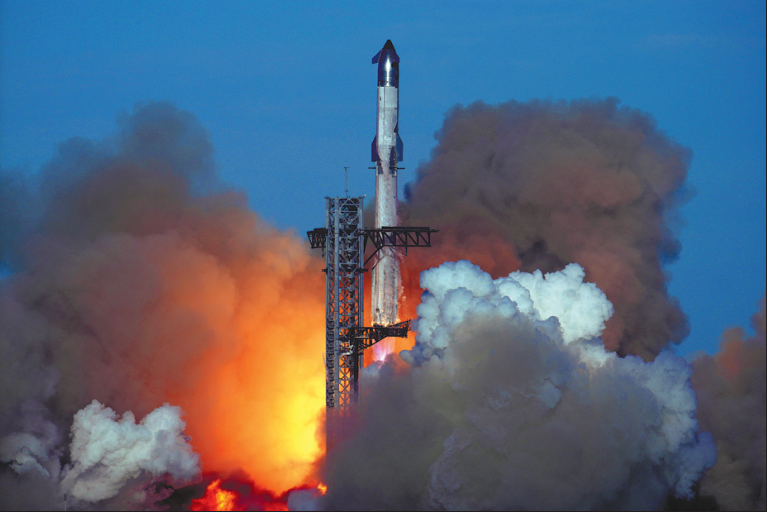AI experts push for common standards

As Artificial Intelligence technologies advance, the US and China are expected to work together on developing common standards that will benefit the industry and society, according to experts.
The AI industry has been developing rapidly but variance exists in algorithms, data and applications. Concerns have also arisen about the technology's potential risks to human society.
All of which make it important to establish common universal standards, said experts at a US-China AI Tech Summit held Friday in Silicon Valley.
"The Institute of Electrical and Electronics Engineers (IEEE) has been working on standards development and China is doing similar work. There is potential for the two sides to work together," said Helen Liang, co-president of the AI Alliance of Silicon Valley, which helped organized the summit.
The easiest first targets for standards development are autonomous vehicles and medical AI applications, because they are directly related to people's daily lives, she said.
The AI technologies, however, have recently attracted growing public attention on possible social problems they might cause.
Experts have suggested that AI-enabled technologies such as robotics and autonomy are capable of destabilizing the world and causing mass unemployment or even war.
IEEE announced new standards for ethics in AI last November to ensure the safety of human society.
"We look forward to joining the US side in developing common standards while promoting AI innovation and social responsibility," said Cao Feng, a technologist at China AI Industry Alliance (AIIA), a co-organizer of the summit.
"A challenge to establishing common standards might be the different industrial characteristics in each country," said Cao. "The US focuses on basic (research) and China emphasizes applications."
China has accelerated its drive to develop Artificial Intelligence. The AIIA was established last October and is composed of hundreds of leading companies and institutes promoting the integration of AI resources.
The country's cumulative increase in number of AI enterprises is 1,477 from 2000 to 2017, and cumulative AI-related financing was up to $2.76 billion during the same period, according to the China Academy of Information and Communications Technology.
"Although the IEEE is many years ahead, China has its strengths in application with some technologies pioneered for the world," said Liang. "If there is a solution benefiting everyone, why not collaborate?"
Contact the writer [email protected]
































